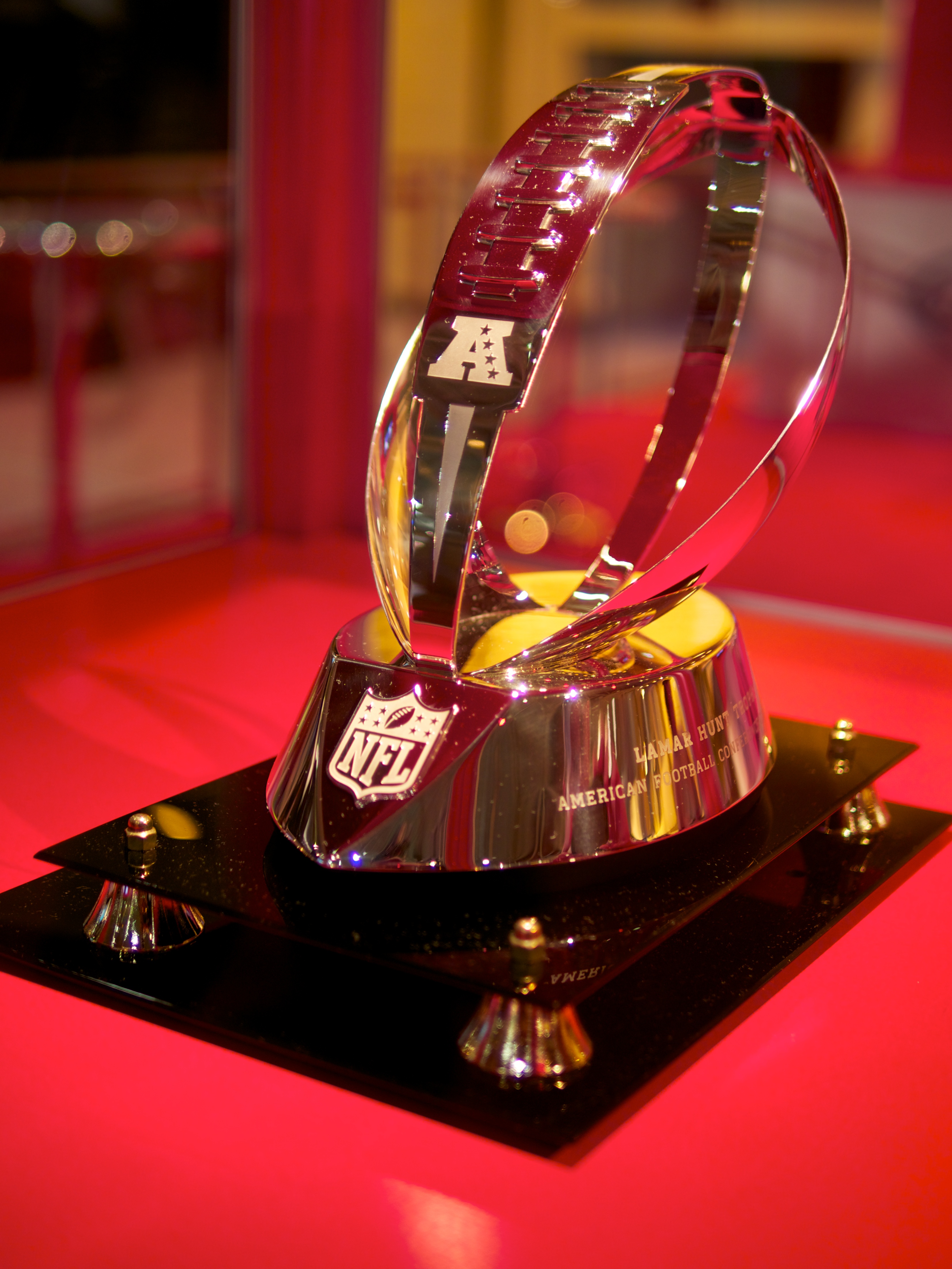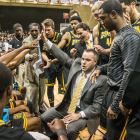“The ball is passed to the top of the key, and it’s Joe Johnson with it, 15 seconds left on the shot clock. Joe looks left and crosses back over to the right now, shot clock is down to 10 seconds. Joe now forces it to the elbow. Five … four … three, he shoots the step-back … and misses.”
That was the sound of endless play-by-play calls during the years of the previous “emergence” of Atlanta Hawks basketball.
During that time, Atlanta’s other teams, the Braves and Falcons, still looked promising, and nobody was taking the Hawks’ brand of play seriously.
It was called Iso-Joe, which referred to the isolation-style offense that Johnson headlined, and it was filled with excruciatingly painful basketball to watch with minimal ball movement and enough contested mid-range jumpers to make a prudent head coach go crazy.
The Hawks didn’t have those types of head coaches. In the midst of what people in Atlanta thought was the awakening of pro basketball in the south, the team was being coached by incompetent coaches, and games were being played by too many professionals interested in individual numbers and their next contract.
There were some nice teams that provided glimpses of hope in the playoffs, but nothing ever materialized, and soon the Hawks were drowned with disastrous contracts by dwindling talents that were quickly pulling the Hawks south.
Former General Manager, Danny Ferry, soon came to the rescue. Joe Johnson was traded. Marvin Williams was traded. Josh Smith was signed away by the Detroit Pistons. All of the faces that were thought to be the leaders of the evolution of Hawks basketball were abruptly gone, and the Hawks suddenly had the flexibility to build a new team.
Slowly but surely, Ferry made subtle moves to bring in key pieces to the transformation of the Hawks. Instead of tanking seasons away for lottery picks, Atlanta was able to stay competitive while recovering from the atrocity that was the Hawks’ cap situation the years before. Jeff Teague and Al Horford, the two main pieces that were valuable from the team, were kept to support the new movement. In came Kyle Korver, Paul Millsap, DeMarre Carroll – who was signed away by the Toronto Raptors last offseason – and new head coach, Mike Budenholzer.
Budenholzer, a Gregg Popovich protege, has now taken over as the head of basketball operations after Ferry was bought out due to his tasteless and insensitive remarks regarding Luol Deng.
His first season was deemed a success despite a losing record in the regular season. Al Horford missed over 50 games, yet the Hawks were still able to make the playoffs and give the first-seeded Indianapolis Pacers all they could handle in a seven-game series.
The Hawks proceeded to keep that 2013-14 core in place, while adding key perimeter players Thabo Sefolosha and Kent Bazemore. The offseason was considered a failure due to the lack of star names, but it once again proved to be a success with the Hawks winning a franchise-record 60 games and reaching the Conference Finals.
Bazemore, a bargain in that 2014 offseason, is now the Hawks starting small forward due to Carroll’s departure. The 26-year old has become a lockdown perimeter defender and one of the most efficient outside shooters in the NBA after being undrafted out of Old Dominion. Much like Carroll, Bazemore has gone from a cheap, forgettable offseason signing, to a premiere wing player who could receive a huge payday once his contract his up.
The key is player development, which is what has turned the Hawks from the laughing stock of the NBA, to the most successful professional team in Atlanta.
In a time where the Braves, who are now all in on player development, have fully embraced a rebuilding period that is likely going to result in a grueling couple of years during the relocation, and the Falcons can’t seem to find the playoffs after a successful stretch, the Hawks have rescued the fans of downright depression in the cold, winter months. A resounding Phillips Arena has arisen from the ashes to demonstrate the city can get fans to the games, as a record amount of sellouts in the 2014-15 regular season proved.
The numbers don’t lie. Since 2008, when the Hawks started their current streak of playoff appearances, the Braves and Falcons have combined for seven playoff appearances. That falls one short of the Hawks’ eight. To be fair, it is easier to make the playoffs in the NBA, but the Hawks have even been more successful once the teams do reach the postseason. The Braves are 0-3 in their postseason series in the three seasons they’ve made it and haven’t won a playoff series since 2001. The Falcons are 1-3, with the lone win being the divisional round victory against the Seahawks in 2012. The Hawks, meanwhile, have advanced past the first round in four of the eight seasons they’ve made the playoffs and are the only team that has won two playoff rounds in one postseason during the eight-year stretch.
Atlanta fans are finally showing up to watch basketball – true basketball – be played the way it has always been meant to. No player on the floor is any more essential than the other, and each does their job to assemble an intricate system that creates perpetual defensive nightmares. It’s a system that takes time to establish. Coach Budenholzer has implemented an offense that always has players – and the ball – moving at all times while the defense has its head on a swivel. That movement and energy has translated to the Hawks being one of the most efficient offenses in the NBA the past two seasons.
While the 2015-16 season hasn’t been as dominant for the Hawks as last year’s was, the team is still in prime position to make another deep postseason run. With winning being so hard to sustain in professional sports – as Atlanta fans have recently seen from their baseball and football teams – the Hawks have managed to turn around one of the worst organizations in all of sports to a consistently good team that is a sure bet for the playoffs every season. In the previous eight seasons before the Hawks’ current run, the team was an unbelievable 218-438 for a .332 winning percentage. Since then, the Hawks have won over 57 percent of their games.
Championships may not be coming immediately, but during a time when other sports aren’t exactly encouraging, the city of Atlanta should be appreciative of who has become the city’s new prized possession – the Atlanta Hawks.



